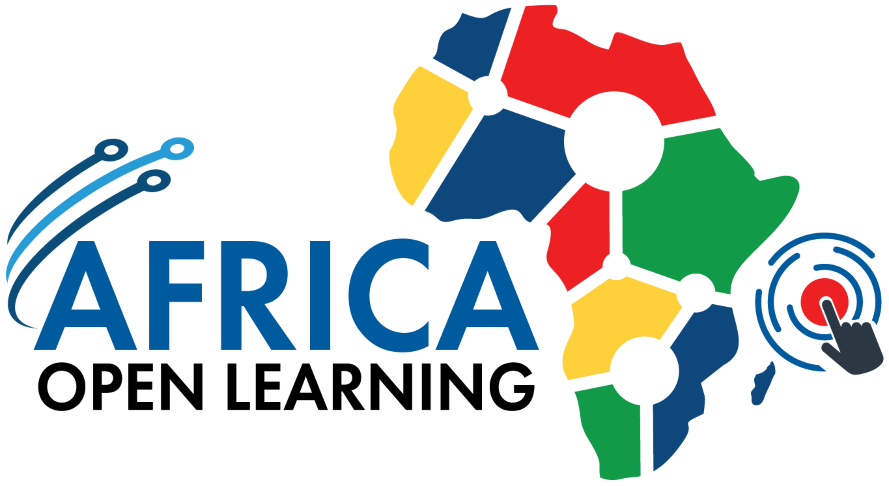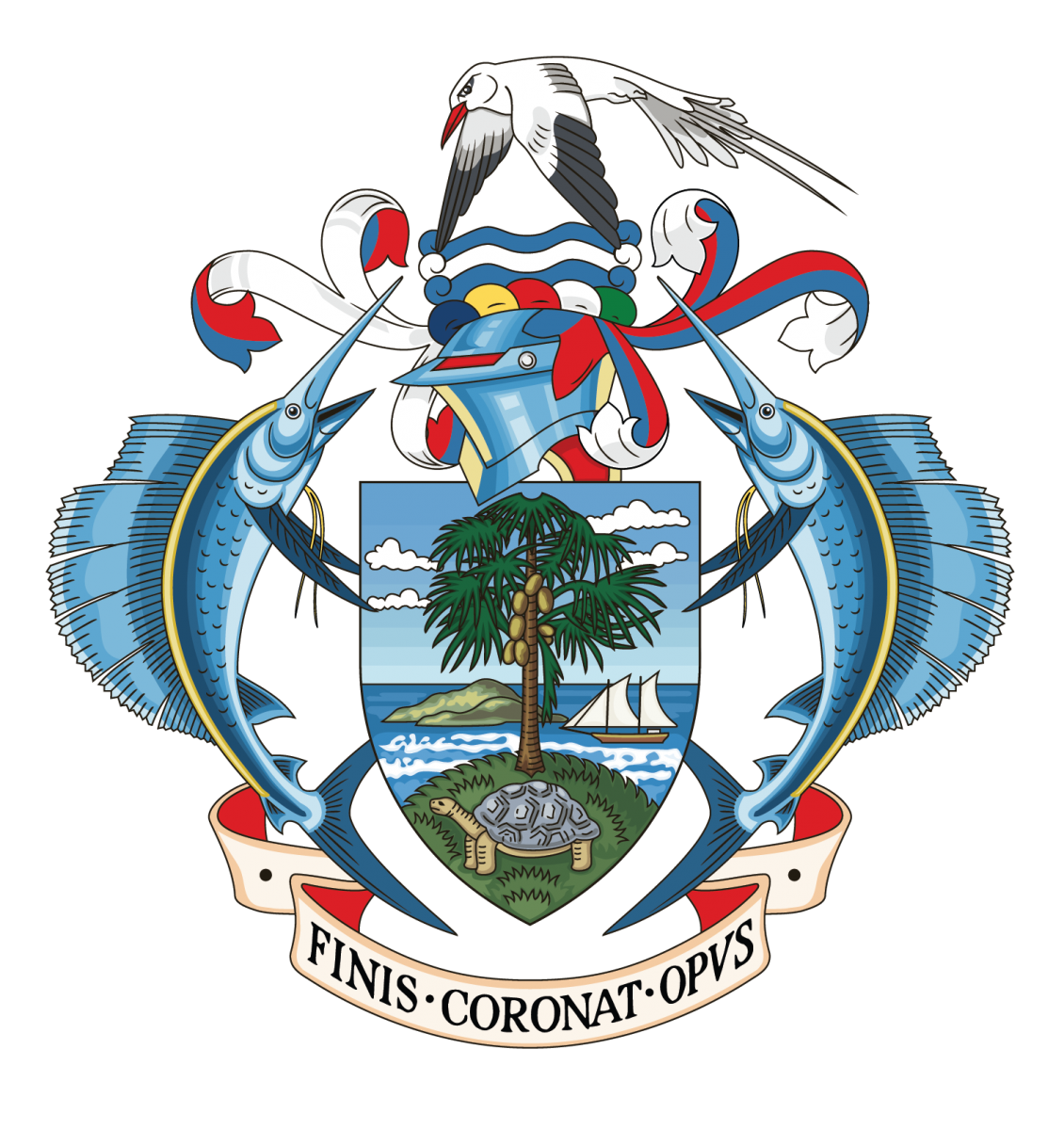Flexible Learning That Enhances Your Potential
Micro-credential certification in Abnormal Psychology PSY2074 (BPSY)
This course enables students to eleborate the main concepts and issues regarding abnormal behaviours and mental illness of children and adolescents. This course will discuss the various factors of abnormal behaviour and mentall ilness. A current classification system of mental ilness, symptoms, treatments and interventions will be discussed.
 This programme is designed, delivered, assessed and awarded by SEGi University through the Africa Open Learning Platform.
This programme is designed, delivered, assessed and awarded by SEGi University through the Africa Open Learning Platform.
Entry Requirements - No
Age Experience - 23 Years Above
Language Proficiency - Yes
Numeracy Proficiency - No
Pre-requisites - No
- Introduction to Normal and Abnormal Behavior in Children and Adolescents
- What is abnormal behaviour in children and adolescents?
- Risk and Resilience
- What affects rates and expression of mental disorder? look at some key factors
- Theories and Causes
- Theoretical foundations
- Biological, psychological, family, social and culture perspectives
- Research
- Methods of studying behaviour
- Research strategies
- Ethical and pragmatic issues
- Assessment, Diagnosis, and Treatment
- Assessing disorders
- Classification and diagnosis
- Treatment and prevention
- Intellectual Disability (Intellectual Developmental Disorder)
- Definition
- Features of intellectual disabilities
- Developmental course and outcomes
- Causes
- Prevention, education and treatment
- Autism Spectrum Disorder and Childhood-Onset Schizophrenia
- DSM-5
- Prevalence
- Causes
- Treatments
- Communication and Learning Disorders
- Communication Disorders
- Specific Learning Disorders
- Attention-Deficit/Hyperactivity Disorder (ADHD)
- Core characteristics
- Symptoms
- Prevalence and course
- Theories and causes
- Treatment
- Conduct Problems
- DSM-5: defining features
- Characteristics
- Symptoms
- Prevalence, gender and course
- Treatment and prevention
- Depressive and Bipolar Disorders
- Major Depressive Disorder
- Persistent Depressive Disorder
- Disruptive Mood Dyregulation Disorder
- Bipolar Disorder
- Anxiety and Obsessive–Compulsive Disorders
- Separation Anxiety Disorder
- Specific Phobia
- Social Anxiety Disorder
- Panic Disorder and Agoraphobia
- Generalized Anxiety Disorder
- Obsessive-Compulsive and Related Disorder
- Trauma- and Stressor- Related Disorders
- Reactive Attachment Disorder
- Disinhibited Social Engagement Disorder
- Post-traumatic Stress Disorder
- Health-Related and Substance-Use Disorders
- Sleep-Wake Disorder
- Elimination Disorder
- Chronic Illness
- Adolescent Substance-Use Disorders
- Feeding and Eating Disorders
- Obesity
- Eating Disorders of Adolescence
Coursework - 60%
Exam - 40%
Upon successful completion of this Micro-credential certification in Abnormal Psychology (BPSY), students will be able to transfer grades and credits into the following programme(s):
- Bachelor of Psychology
Upon successful completion of this Bachelor of Psychology programme and meeting the necessary entry requirements, students will be able to progress into the following programme(s):
- Master of Psychology

